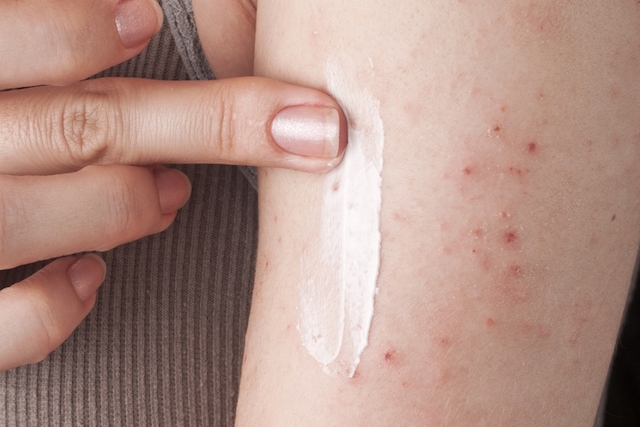Intramural fibroids are a very common type of benign tumor in women, which develops on the inner wall of the uterus and, although it does not always cause symptoms, can cause abdominal pain, increased menstrual flow or changes in fertility.
Although the intramural is the most common type of fibroid, other sites that tumors can develop include the lining of the uterus, which is called a submucosal fibroid, or in its outermost part, called a subserous fibroid. To better understand the differences between the types of fibroids, check out what fibroids are and their causes.
The treatment of the fibroid is done by the gynecologist, who will indicate the follow-up or forms of treatment such as surgery for removal or use of drugs, such as hormone replacement, to control its growth and symptoms.

Main symptoms
Generally, intramural fibroids are asymptomatic and are not usually dangerous, however, they can cause uncomfortable symptoms when they increase in size or quantity, such as pain in the lower abdomen, increased abdominal volume and even the compression of nearby organs, causing urinary difficulties or constipation.
Although bleeding is not a common symptom in this type of fibroid, which is mostly caused by submucosal fibroids, it is possible that there is an increase in menstrual flow. Check out more about the symptoms that indicate fibroid.
Intramural fibroids make pregnancy difficult?
The impairment of fertility by the fibroid is a controversial situation, as some scholars believe that this benign tumor does not interfere in the woman's ability to bear children. Others argue that, depending on their location, the fallopian tubes can be affected, which makes it difficult for the sperm to meet the egg, but this would be a very specific case.
The woman who has fibroids and becomes pregnant may have a normal pregnancy, however, in cases of very large tumors or that cause many symptoms, there may be greater difficulty for the development of the fetus. Therefore, it is important that the woman who has fibroids and who plans to become pregnant should follow up with the gynecologist, so that treatment can be started, if necessary.

How to treat
Drug therapy can be used, with some of the most used being anti-inflammatory or hormonal therapies, but in general, fibroids tend to grow back when you stop taking the drugs.
Another possibility is to perform surgical procedures, which include embolization or occlusion of the uterine artery, as they are irrigated by blood vessels, which consequently lead to the death of the tumor. Tumor removal surgery, such as myomectomy or, in some cases, removal of the uterus, especially in women who no longer wish to become pregnant, can also be good options.
Causes of fibroids
The exact cause of the development of fibroids is not known, however it is known that it is nourished by female hormones, as they tend to decrease during menopause. In addition, some risk factors are:
- Early menarche; Not having children; Excessive alcohol consumption; Family history; Diet rich in red meat and low in vegetables.
It is also not possible to determine where the fibroid will develop, the intramural fibroid being the most common type.












